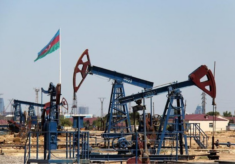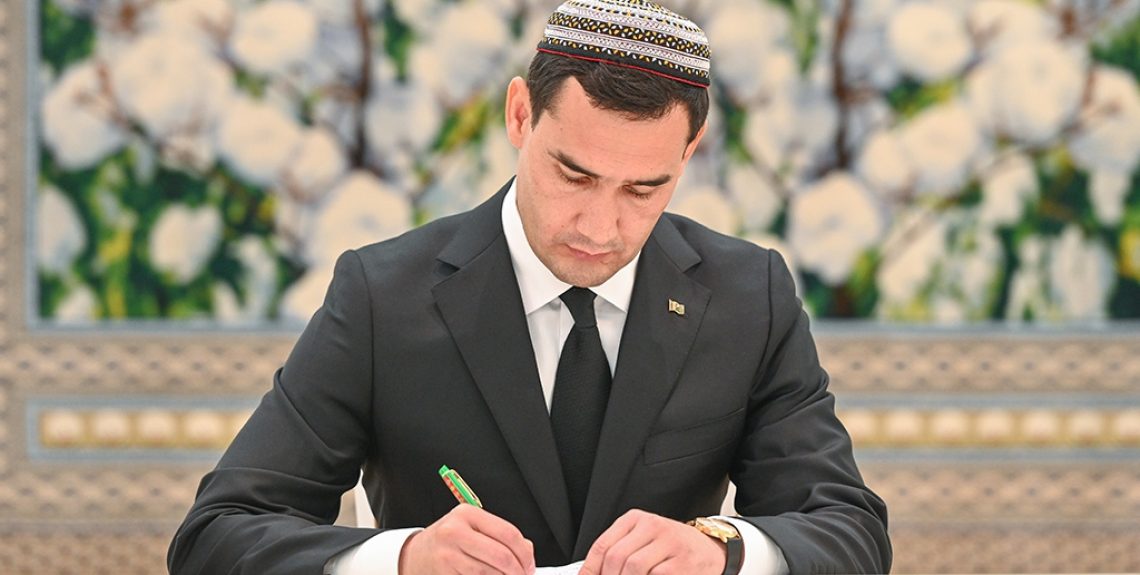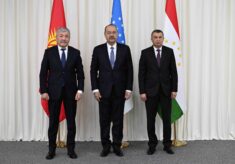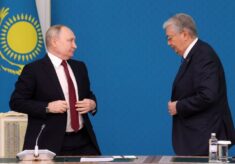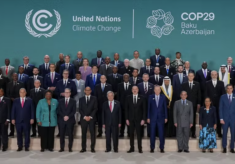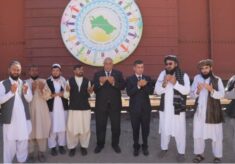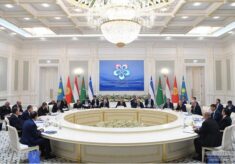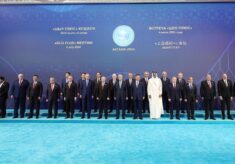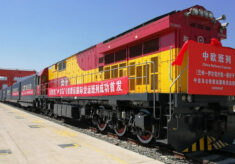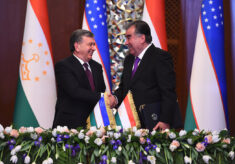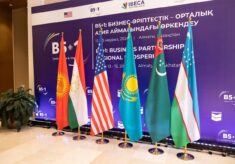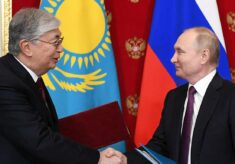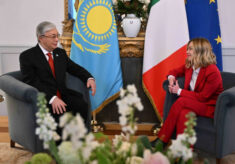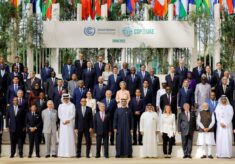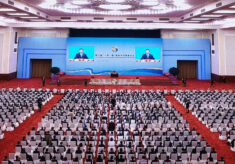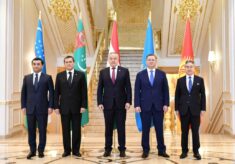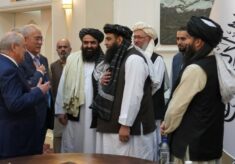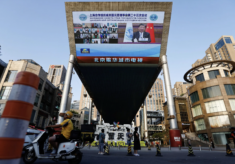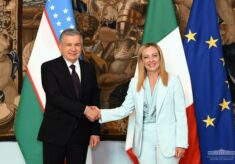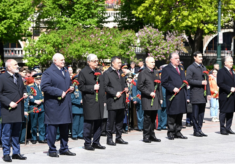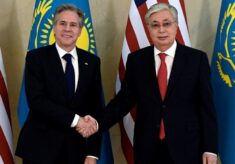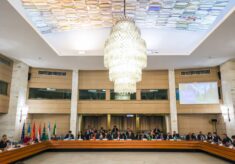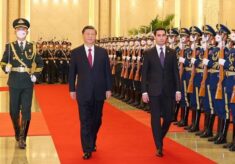The sudden decision of Turkmen president Gurbanguly Berdymukhamedov to resign and to call early presidential elections has formally started a process of political transition in the country: however, this transition evolved into a dynastic succession, with the expected election of Berdymukhamedov’s son, Serdar, with the purpose to preserve political continuity. This model of presidential succession represents a new trend in Central Asia – even if during 30 years of independence the political transition in region has been regularly steered (with the exception of Kyrgyzstan) – but not in the post-Soviet space, where Azerbaijan experienced a similar presidential transition in 2003, from Aliyev father to Aliyev son.
In the last six years, Berdymukhamedov senior has accurately prepared the political rise of Serdar, appointing him in relevant positions (member of Parliament, regional governor and Ministry of Industry): in 2021 he became member of the State Security Council and mainly Deputy Prime Minister, which allowed Serdar to become the second powerful political figure in Turkmenistan, considering that this office does not exist and the president is also head of the Cabinet.
Moreover, in 2016 the constitution was amended ad hoc, reducing to 40 the age limit to become president, the age that Serdar achieved in 2021 (Slavomír Horák, Turkmenistan: An Upcoming Dynastic Transition?, Central Asia and Caucasus Analyst Institute, February 15, 2022). The combination between President’s health problems and his fear about the effects of Kazakhstan’s revolt in January 2022 accelerated this presidential succession, aimed at legitimizing a strong political leadership able to avoid domestic instability and to preserve the current status quo: indeed, like Kazakhstan, rising prices, poverty, unequal redistribution of energy revenues also characterize Turkmenistan’s economic situation, as potential sources of social tensions. Since 2006, Gurbanguly Berdymukhamedov replaced the cult and legacy of Turkmenbashi (the former president Nyazov) and introduced several cosmetic reforms, mainly the transition from a one-party political system (based on the Democratic Party) to a nominal multi-party system with the creation of the Party of Industrialists and Entrepreneurs and the Agrarian Party, the only parties officially recognized which do not represent a genuine opposition, because they firmly support government’s policies (F. Indeo, Independent Turkmenistan in the Reshaped Geopolitical Scenario: Foreign Policy, Energy Strategy and Security Issues, Il Politico, 3/2016, pp. 180-182).
In his first official speech, the new president has confirmed the traditional approach of neutrality in foreign policy, in spite of the new challenges emerging from the changed geopolitical scenario, such as the potential threat of Islamic State’s terrorist incursions from Afghanistan – even though the good diplomatic relations with Taliban government confirmed by the recent opening of the Islamic Emirate of Afghanistan’s embassy in Ashgabat – and the global instability linked to the Russia-Ukraine war.
China and Russia will remain strategic partners for this authoritarian country, mainly in the energy and security fields. Economic cooperation and political dialogue with other Central Asian republics should represent a priority also for Serdar Berdymukhamedov, primarily through the successful format of consultative meeting of heads of state. The objective remains Turkmenistan’s gradual integration within regional interconnectivity and energy projects, that could be economically and strategically lucrative for the country.
In terms of domestic stability, the main challenge will be to avoid a diarchy between the current and the former president, since Gurbanguly remains the head of Halk Maslakhaty (People’s Council, the supreme political organ), and he could claim additional powers due to his presidential experience: the destructive effects of the Nazarbayev-Tokayev rivalry in Kazakhstan explain the need to find a viable balance of powers to prevent instability.
